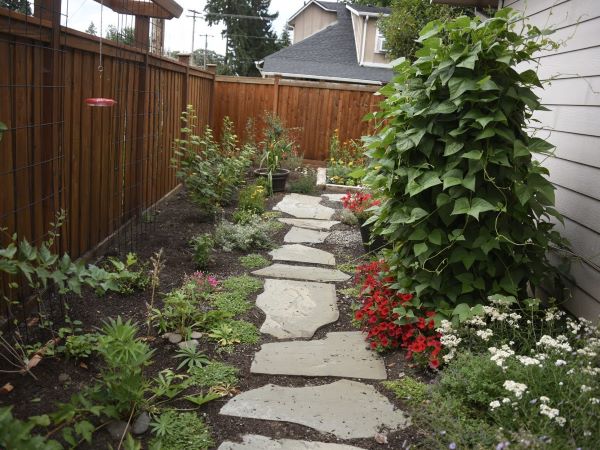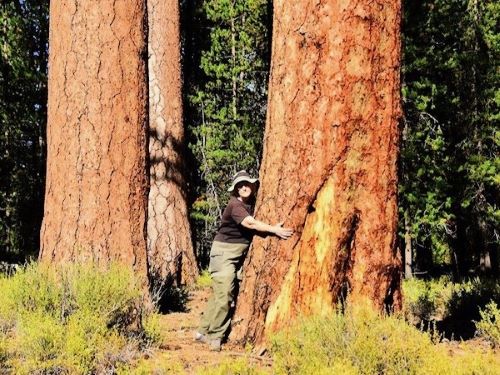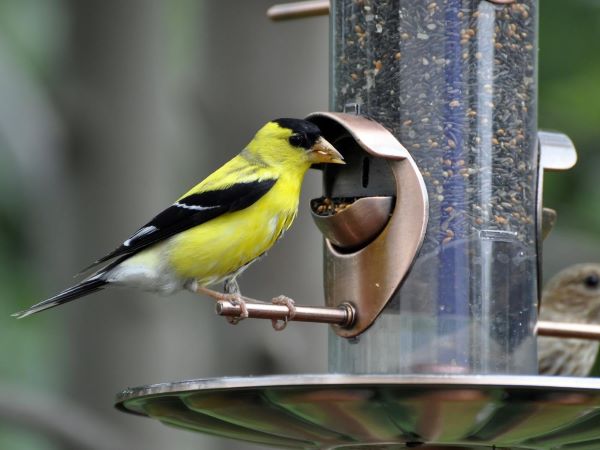Our Habitat Haven volunteers have begun site visits and been enthusiastically received. At the start…
 Here’s the buzz from our first year as official members of BeeCity USA. Representatives from the City of Eugene Parks and Open Spaces, Xerces Society, Beyond Toxics, Walama Restoration Project, GloryBee, and Lane Audubon serve on the pollinator protection committee and work to promote pollinator education and native habitat. Below are some highlights from the annual bee report filed in February.
Here’s the buzz from our first year as official members of BeeCity USA. Representatives from the City of Eugene Parks and Open Spaces, Xerces Society, Beyond Toxics, Walama Restoration Project, GloryBee, and Lane Audubon serve on the pollinator protection committee and work to promote pollinator education and native habitat. Below are some highlights from the annual bee report filed in February.
Eugene’s first Bee City Celebration last June was a mix of education, outreach, and celebration of bees and pollinators. The day included a native bee survey to provide hands-on education at one of Walama Restoration Project’s prairie restoration sites; a tour of the City’s Native Plant Nursery; a bike tour of the University of Oregon’s “Bee Campus”; and an entertainment hub with music and food, outreach, and local native plant vendors selling pollinator-friendly plants. One highlight was Eugene’s mayor, Lucy Vinis, ceremoniously cutting a ribbon for the dedication of our Bee City USA sign.
Several other events supporting native pollinators were held in our community last year at: Awbrey Park, Mt. Pisgah, Hendrick’s Park, Alton Baker Park, and Rasor Park. At the Native Plant Nursery, volunteers designed and built two “Pollinator Palaces” to provide nesting habitat for native bees and to use as demonstrations for nursery visitors, including day campers at Nearby Nature, an adjoining day camp. Walama Restoration Project ran projects to create or enhance native flower gardens, natural areas, and meadows. Beyond Toxics created a pollinator garden at Huerto de la Familia Community Garden.
Thousands of volunteers helped the City of Eugene to create or enhance over 170 acres of native plant habitat. Natural areas included riparian, wetland, prairie, oak savanna, and woodland, or conifer forest habitats. Several thousand trees, shrubs, vegetation, and bulbs were planted in these areas. More than 600 pounds of native seed representing 55 native plant species were distributed at 14 local restoration sites and seeded onto 210 acres.
On the UO campus, a new Student Sustainability Center organization, the Bee Friendly Campus Committee, met weekly to learn about the importance of pollinators and plan events. Students engaged in outreach activities through tabling at the student union. They hosted events such as mason bee workshops and a honey bee hive installation, and they made hummingbird feeders, bee baths, and bee boxes.
A major restoration of the historic Millrace and the ongoing restoration of the Willamette River edge on campus now emphasize native plants for pollinators. Pocket gardens across campus have been created, using snags, fallen trees, and the introduction of native pollinator species. Pesticides are not used in these areas. The two-acre Urban Farm is an ongoing project that supports both native and European bees as well as a collection of dozens of other pollinators.
These projects reflect a growing partnership between campus grounds staff, faculty, and students. Service learning projects through courses and organizations are connecting students on campus with organizations throughout Eugene. Projects included planting and weeding native habitat on campus, installing mason bee structures, plus planting and mulching a pollinator garden with Beyond Toxics at Huerto de la Familia Community garden. Other projects included planting and weeding at a prairie restoration site (Walama Restoration Project), planting and weeding at Delta Ponds and other Eugene Parks and Open Space locations, assisting at City of Eugene Native Plant Nursery, assisting at FOOD for Lane County Garden Program, assisting at the School Garden Project of Lane County, and assisting at Mt. Pisgah Arboretum.
The campus bee committee created an interactive layer on the campus map specifically dedicated to pollination habitat. Upon clicking, people will access photos of the site as well as links to pertinent pollinator information: uoregon.edu/native-pollinators
You can help support bees by planting native flowers that bloom throughout the season, leaving undisturbed spaces, and eliminating the use of pesticides.
FMI: emu.uoregon.edu/bee-campus or beecityeugene.org



